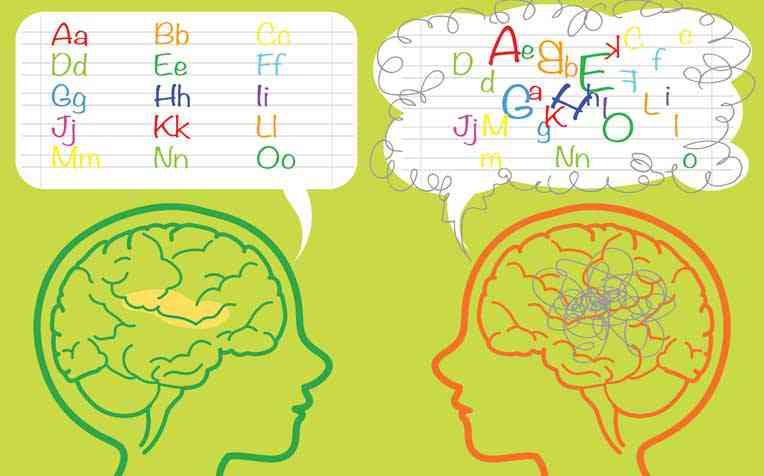
Learning disabilities are not always obvious.
Learning disabilities
A child with learning disability has difficulties in either listening, speaking, reading, writing, reasoning or mathematics. These difficulties are not due to hearing or visual problems, low intelligence, a lack of teaching or cultural differences.
There is often a discrepancy between the child’s intellectual ability and what the child achieves, i.e. the child often has normal intelligence but underachieves.
Types of learning disabilities
"Learning disabilities include dyslexia (reading disorder), dyscalculia (mathematics disorder), dysgraphia (writing disability), non-verbal learning disability and working memory deficits," say doctors from the Department of Neonatal and Developmental Medicine, Singapore General Hospital, a member of the SingHealth group.
-
- Dyslexia, or reading disorder
Is the most common learning disability. It is a language-based disability. A child may find it hard to remember alphabets and the sounds they make, or find it difficult to understand words read aloud. The difficulty may also be related to sounding out words, reading, spelling and writing.
- Dyscalculia
Is a mathematics disorder where there is difficulty understanding math concepts (like number values, quantity, fractions, percentages, algebra, time, money, measurements, etc.) and solving mathematical problems.
- Dysgraphia
Is a writing disorder. A child may have trouble using a pencil or pen, have difficulty forming letters, writing in a defined space, copying, spacing things or organising and writing words to express themselves.
- Non-verbal learning disability
Is a disorder where a child often has good verbal skills but poor visual-spatial skills; he or she may be clumsy, have poor social interaction, difficulty with math and poor organisational skills.
How do I know if my child has a learning disability?
Learning disabilities are not always obvious. In the preschool years, children with learning disabilities may have delayed speech and language development, as well as poor gross motor (jumping, hopping, etc.) and fine motor (copying, buttoning, cutting, etc.) skills. Their attention span may be short.
Older children may have trouble following instructions, learning and remembering, organising themselves, reading, spelling, writing, expressing themselves, concentrating and completing schoolwork.
If you are concerned that your child may have a learning disability, you should discuss it with your child’s teacher and doctor.
Ref: O17
Contributed by
















 Get it on Google Play
Get it on Google Play